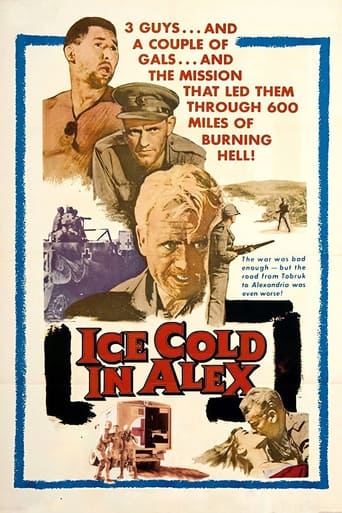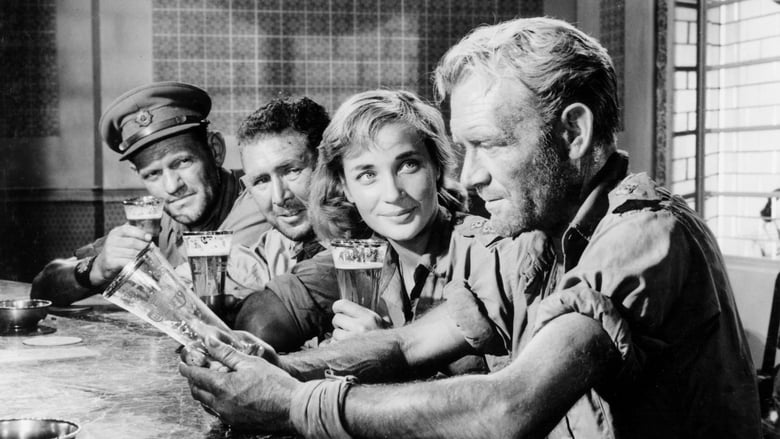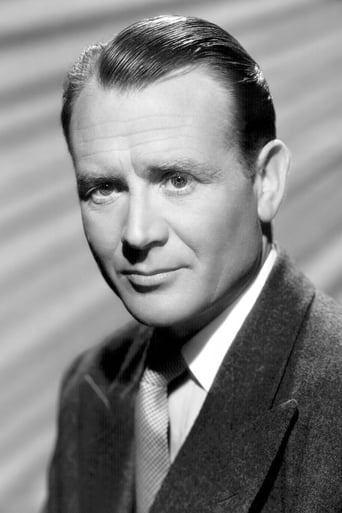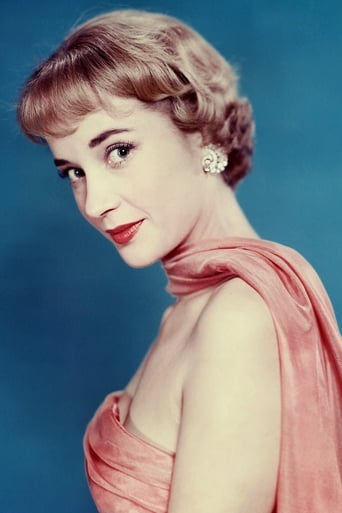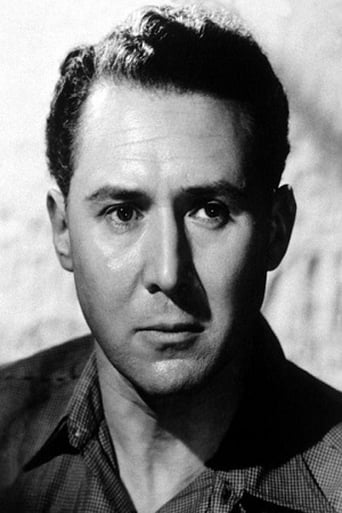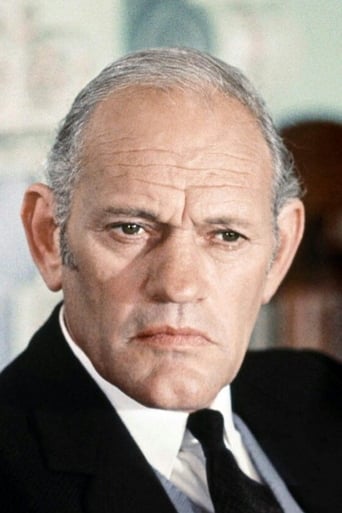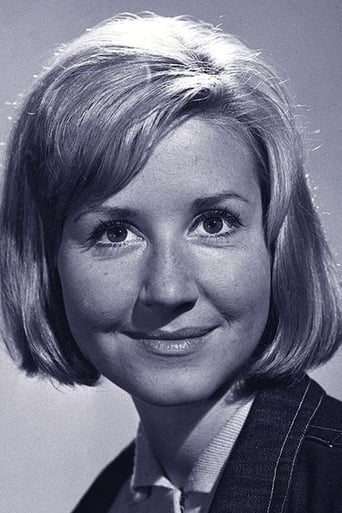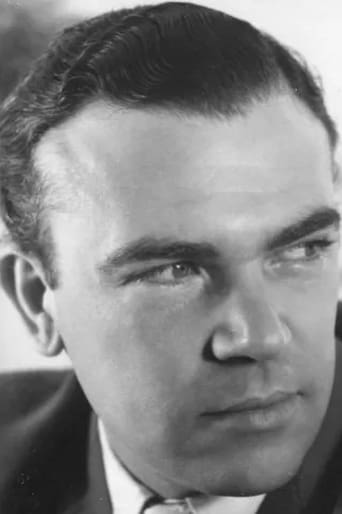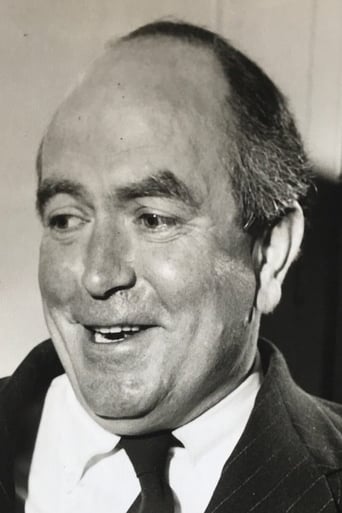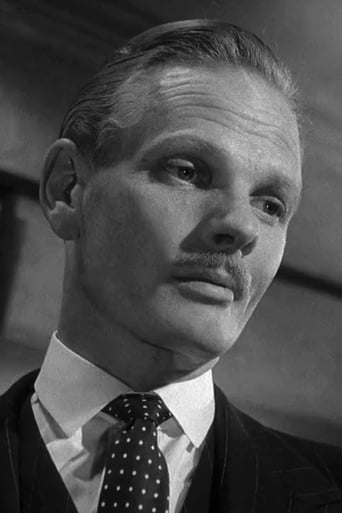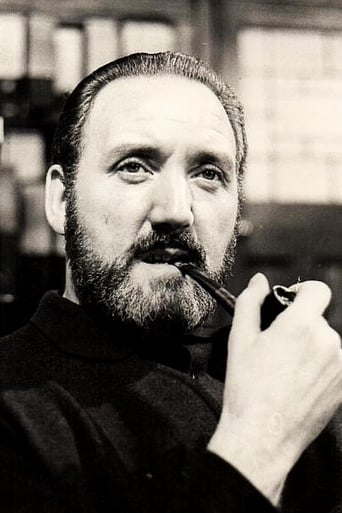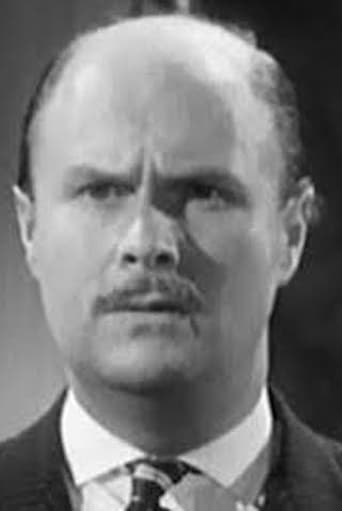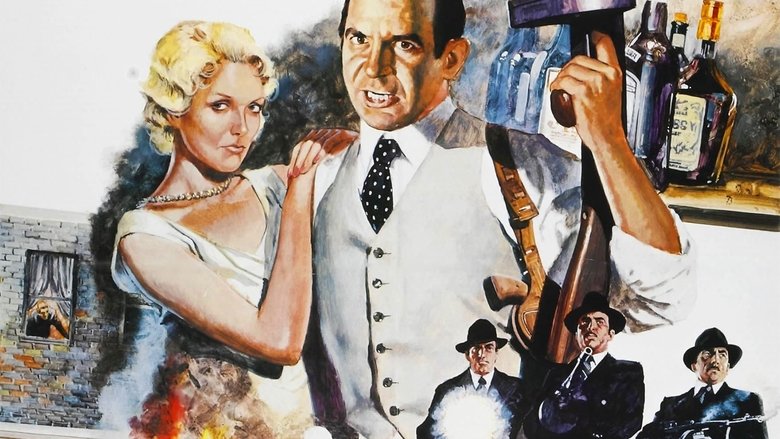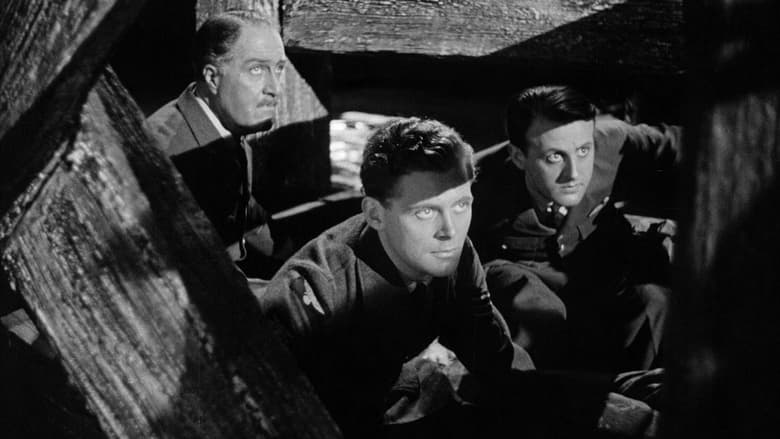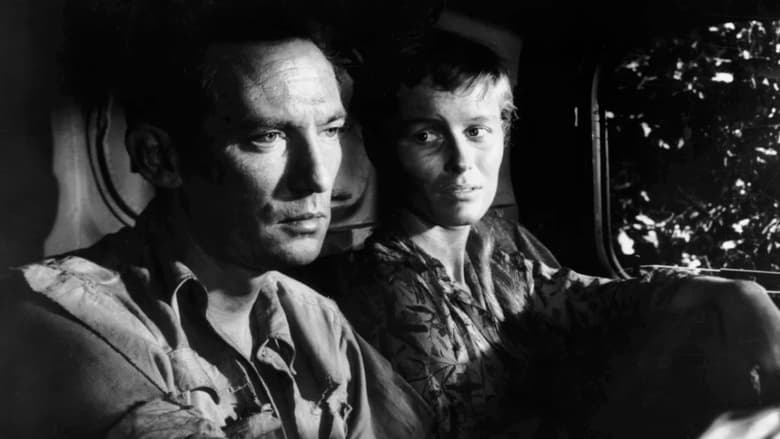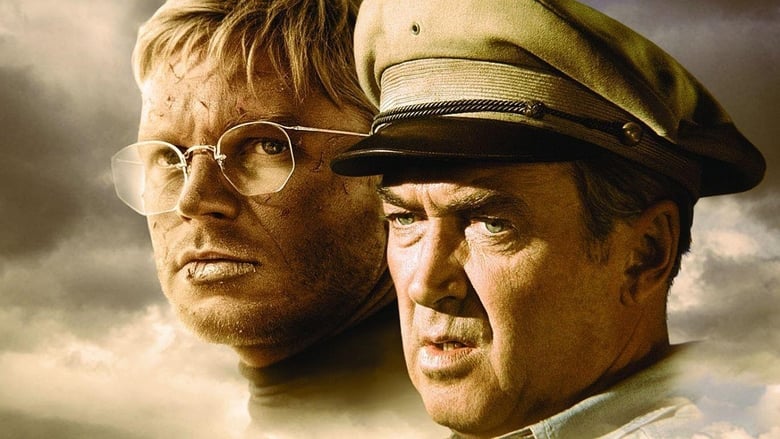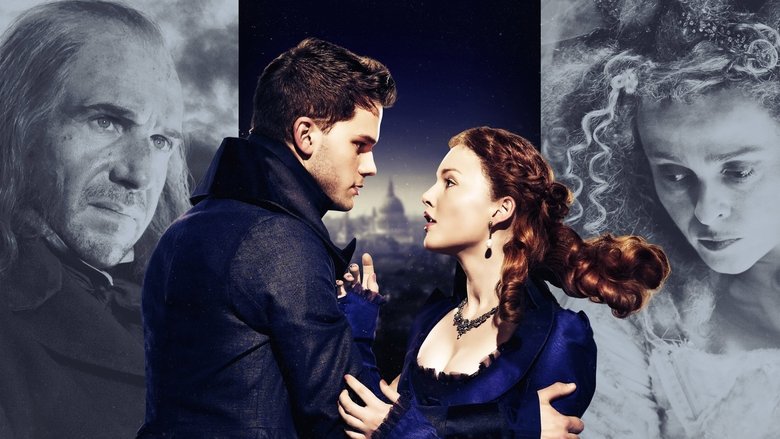A group of army personnel and nurses attempt a dangerous and arduous trek across the deserts of North Africa during the second world war. The leader of the team dreams of his ice cold beer when he reaches Alexandria.


Similar titles


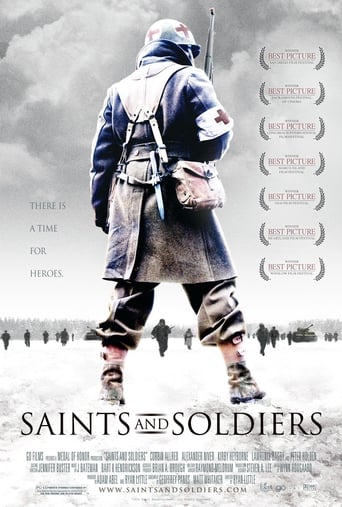

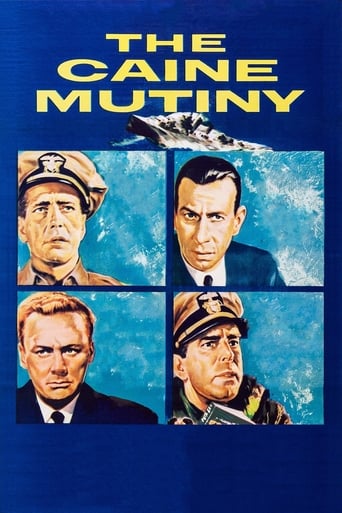
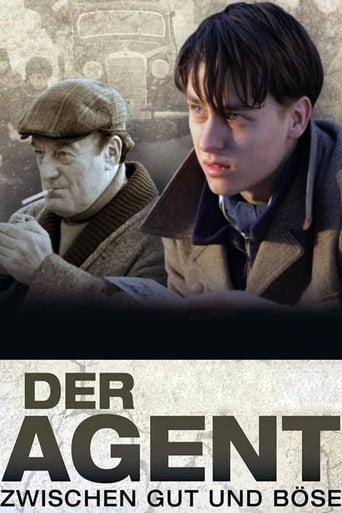
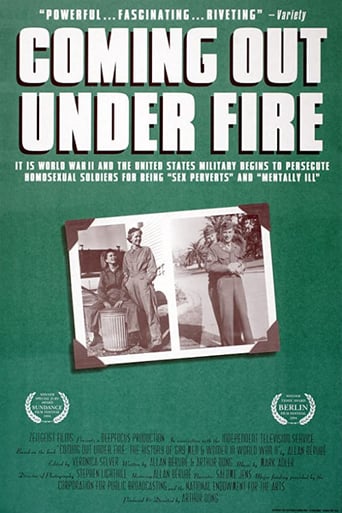
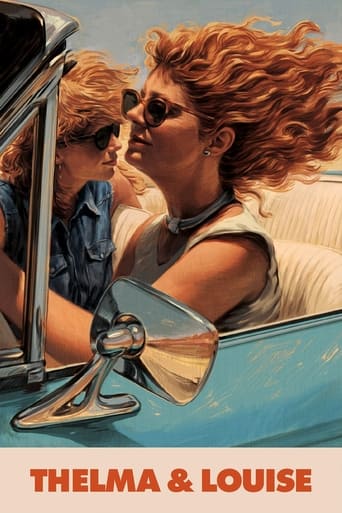
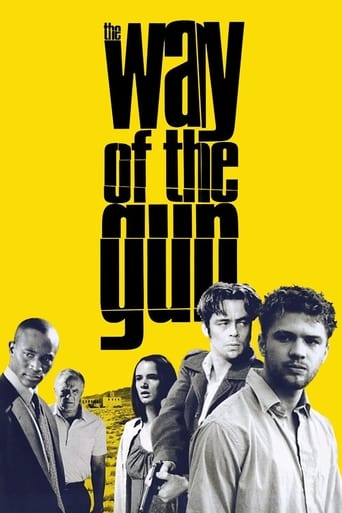
Reviews
ICE COLD IN ALEX 1958This British film is based on the novel of the same name by British author Christopher Landon. This WW2 film is set in 1942 North Africa at the time of the fall of Tobruk. John Mills headlines the production with Harry Andrews, Sylvia Syms, Diane Clare and Anthony Quayle.John Mills is in charge of a convoy of trucks and ambulances being evacuated from Tobrouk just before its capture by the German Afrika Korps. Mills and his Sgt, Harry Andrews are given a pair of nurses to take along during the evacuation. The two nurses, Sylvia Syms and Diane Clare had missed their ship out of Tobruk. Due to a number of factors, the ambulance is cut off from the rest of the convoy. They need to drive out across the desert in order to reach the coast road back to British lines. They soon come up on a South African officer, Anthony Quayle, who joins up with the Tobruk escapees. Mills, a man with an over fondness for the bottle, likes that Quayle has several large bottles of gin with him. The first of several problems pop up, a minefield is blocking their way to the coast road. With Andrews slowly driving, Mills and Quayle lead the ambulance carrying the nurses through the mines. Now they have a run in with a German patrol and the truck gets shot up. The one nurse, Clare, is badly wounded. Anthony Quayle, who just happens to speak German, has a word with the Officer in charge of the patrol. The Germans are too busy chasing the retreating British army to worry about a one truck with a wounded nurse. The German officer, Walter Gotell, lets the group continue on their way.The wounded nurse, Clare has been fatally hit and soon dies. She is buried out in the middle of nowhere with a simple cross to mark the grave. The other nurse, Syms, as well as the Sgt, Andrews, notice that Quayle is never without his pack. And that he goes off into the desert every morning and night at the same time. Mills figures the guy is just attending to his waste needs. Mills promises them all a tall glass of ice cold beer once they reach safety in Alexandria. Now there is another run in with a German patrol, and again Quayle talks the Germans into releasing them. Now even Mills figure that something is wrong with this picture. He tells the others they need proof before they can say that Quayle is really a German spy. The group is now forced to head out into the dangerous terrain of the Quattara Depression. The area is full of quicksand and salt marshes where a truck and its contents could disappear beneath the surface. The group catches Quayle that night in the act of sending a message on a small portable radio that is kept in his pack. Quayle disposes of the evidence is a handy quicksand hole. He however gets caught in the same hole. The others just barely manage to pull him out of the trap with the truck tow rope. It is now on to Alex and safety as well as that cold beer. Mills gets Quayle to cough up his real name before the Military Police show up. Otherwise he will be shot as a spy by the British Army. He also grabs Quayle's fake id and dog tags before they are seen. They all now sit and wash the dust away with a couple glasses of ice cold beer. This is a very interesting, tension filled film, and is much better than I am making it sound. The film was directed by J. Lee Thompson. Thompson started out as a writer before switching to directing. His films include, MURDER WITHOUT CRIME, THE YELLOW BALLOON, THE WEAK AND THE WICKED, TIGER BAY, WOMAN IN A DRESSING GOWN, CAPE FEAR, THE GUNS OF NAVARONE and KINGS OF THE SUN. Thompson received an Oscar nomination for his work on THE GUNS OF NAVARONE. There are two versions out, the full length UK version which is the one written about here, and the US version with 54 minutes cut from the runtime. Needless to say, that one makes no sense.
Ice Cold In Alex could never have been made during World War II at the time of the actual fighting. Though it benefits from location shooting in Libya where the action actually took place during the desert war.The time is after the second fall of Tobruk as the British are fleeing from the Libyan desert to regroup along the El Alamein line that General Auchinleck had staked out. John Mills is a captain with a drinking problem and he's in charge of a party of four driving an ambulance out which consists of RSM Harry Andrews and British nurses Sylvia Sims and Diane Clare. Along the way they pick up Anthony Quayle who is South African. He proves to be of invaluable assistance in getting through German lines twice and in other ways. But Quayle has a mission all his own.Coming in on the side of the Allies was a matter of considerable debate in the Union Of South Africa. Jan Christian Smuts carried the day for the Allies, but the opposition party which later imposed the apartheid policies were pro-Axis. They won the post war South African elections and held power until Nelson Mandela took over. The desert turns out to be the real enemy for this little band and they all pull together. One of the company does not make it to the end.In a way that Erwin Rommel would have liked, the Afrika Korps is not portrayed as inhuman monsters by any means. Interestingly enough in the same year Ice Cold In Alex came out, The Young Lions had a German officer machine-gunning helpless British stragglers just like this party is. Maximilian Schell was the Nazi who did the deed in that film and both of these films rank as among my favorite war films ever.The title refers to a cold beer that Mills is determined to have at a favorite bar of his in Alexandria. Ice Cold In Alex has some flawless performances by the entire cast, the desert travelers mesh very well as an ensemble group. The film ranks among the best work that all of the principal players ever did. And the filming in the actual location in Libya was able to blend some black and white newsreel footage in to the story without a seam showing.I saw this film when it first came out in theater in 1958. I was impressed with it then and even more so now.
This film I saw when it first came out (yikes) as young teen. On reviewing as an OAP, it holds up quite well. In fact it probably was more understandable now than then! The simple story of a few refugees from Tobruk trying to outpace the German advance to El Alamein in the Desert War in 1941 is well told, if a little thin. The location work is excellent (at a time when UK films did not go very far afield very often - see the execrable 'Long, Short and the Tall!), the characters well drawn and acted, if a little unbelievable (especially Mills and Quayle), the writing quite sparse and the direction unobtrusively good. The final scenes in the bar have been overused but they work in the film. Pity the plot was a little flimsy and John Mills was too old for the part - he leaves a much younger man in Tobruk, who apparently went through the last war (WW1) - which does detract from the authenticity. But it is a film that modern filmmakers could study to see how WW2 was actually portrayed in a realistic fashion shortly afterwards!
Most British and American war films made during World War II itself are essentially propaganda films, made with the express purpose of keeping up morale and persuading the public to support the war effort. In peacetime, however, filmmakers were able to regard the subject more dispassionately. Certainly, some war films from the late forties, fifties and sixties are simply patriotic adventure stories, but others see the war more in terms of human drama than in terms of "us against them". A good example is "Bridge on the River Kwai" from 1957, which is much more than a simple tale of British heroes versus Japanese villains; the main British character, Colonel Nicholson, is shown as flawed, and his Japanese counterpart, Colonel Saito, is treated surprisingly sympathetically."Ice-Cold in Alex" from the following year takes a similarly dispassionate look at the conflict. It is set in North Africa during the summer of 1942, a time when the campaign was running in favour of the Axis and the Allied armies were in retreat. During the evacuation of Tobruk, a small group become separated from the British forces and are forced to flee cross-country in an ambulance. The group consists of three soldiers, Captain Anson, Sergeant-Major Tom Pugh and South African Captain van der Poel, and two nurses, Diana Murdoch and Denise Norton. The film works on two levels. On one level it is simply an exciting adventure story, narrating the various obstacles and difficulties the group encounter on their way to the safety of the British base at Alexandria- a minefield, a broken suspension spring , the dangerous terrain of the Qattara Depression and German patrols. There are a number of tense sequences, such as the scene in the minefield and the one where the jack collapses and van der Poel uses his immense strength to support the ambulance while Pugh repairs the broken spring. Some of these were reminiscent of Alfred Hitchcock, and it is no surprise that J. Lee Thompson was later responsible for the very Hitchcockian thriller "Cape Fear". On another level, however, it is also a complex human drama. Denise is a fairly minor character; she is killed early on when the ambulance is fired upon by German troops. The drama arises from the interaction of the other four in the group, especially Anson and van der Poel. During the war itself, and in many films made after it, British officers were portrayed in the cinema in a straightforward way as stiff-upper-lip heroes. John Mills had played a good example three years earlier in "Above Us the Waves", but Anson is a much more complex character. Badly affected by the stresses of war, he has become an alcoholic. His motivation for carrying on is not patriotism or hatred of the Nazis but the thought of the ice cold lager he will enjoy when they finally reach Alexandria (hence the title). Another motivation is the romance which develops between himself and Diana in the course of their journey. Anson can also be rash and impetuous- he was largely responsible for Denise's death as she was shot while he was trying to outrun a German patrol, having disregarded the German officer's command to halt.During the journey the others, especially Pugh, begin to suspect van der Poel may not be what he seems. (What initially arouses Pugh's suspicion is van der Poel's lack of knowledge of army tea-brewing techniques, tea being a subject dear to any Englishman's heart). The "Afrikaner" van der Poel is eventually revealed to be a German, Otto Lutz, who is attempting to infiltrate the Allied lines on an espionage mission. This leaves Anson, Pugh and Diana with a difficult dilemma; by rights they should hand Otto over to the Military Police to be shot as a spy. On the other hand, they have come to respect a man whose resourcefulness and physical strength have been invaluable in enabling them to survive their trek across the desert. In the end they decide to spare Otto's life by telling the Military Police that he was a German soldier whom they captured after he had become separated from his unit. This means that he will be treated honourably as a prisoner of war, rather than executed as a spy. Even, I think, the most ardent British patriot will recognise that this was the right decision. There is an instructive comparison to be made between "Ice Cold in Alex" and "Sahara", a film from 1943 about the desert war which also concerns a group of Allied soldiers who have captured a German prisoner. In that film the German, von Schletow, is portrayed as a stereotypical Nazi, arrogant, ruthless and treacherous. By 1958, however, the war had been over for more than a decade and West Germany was now a British ally. The Germans could therefore be viewed in a more objective light; Otto is not portrayed simply as "the enemy", or even simply as "a German", but as a human being capable of decency. It is perhaps appropriate that "Ice Cold" was a prizewinner at the Berlin International Film Festival. All four of the main actors- John Mills, Harry Andrews, Anthony Quayle and Sylvia Syms are excellent. Syms was one of the loveliest British actresses of the fifties, although the fact that most of her films were made in Britain rather than Hollywood meant that she never achieved the international fame of contemporaries such as Joan Collins or Jean Simmons. Of her films that I have seen, "Ice Cold" is probably the best. Thompson was later to achieve fame in Hollywood as the director of the likes of "The Guns of Navarone" and "Cape Fear", but he can also be remembered as the director of two of the best British films of the late fifties, both of which starred Mills- this one and "Tiger Bay". 9/10
